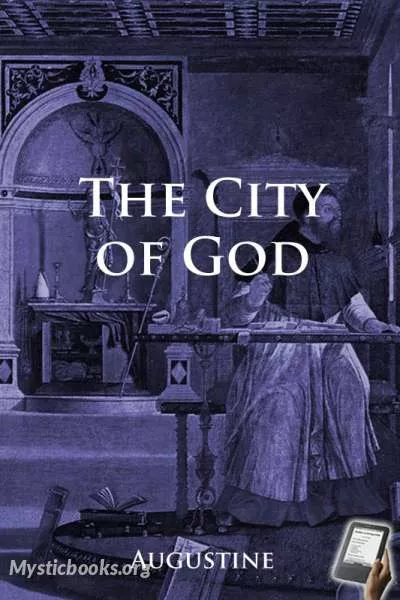
The City of God, Volume 1
'The City of God, Volume 1' Summary
Rome having been stormed and sacked by the Goths under Alaric their king, the worshipers of false gods, or pagans, as we commonly call them, made an attempt to attribute this calamity to the Christian religion, and began to blaspheme the true God with even more than their wonted bitterness and acerbity. It was this which kindled my zeal for the house of God, and prompted me to undertake the defense of the city of God against the charges and misrepresentations of its assailants. This work was in my hands for several years, owing to the interruptions occasioned by many other affairs which had a prior claim on my attention, and which I could not defer.
However, this great undertaking was at last completed in twenty-two books. Of these, the first five refute those who fancy that the polytheistic worship is necessary in order to secure worldly prosperity, and that all these overwhelming calamities have befallen us in consequence of its prohibition. In the following five books I address myself to those who admit that such calamities have at all times attended, and will at all times attend, the human race, and that they constantly recur in forms more or less disastrous, varying only in the scenes, occasions, and persons on whom they light, but, while admitting this, maintain that the worship of the gods is advantageous for the life to come. In these ten books, then, I refute these two opinions, which are as groundless as they are antagonistic to the Christian religion.
But that no one might have occasion to say, that though I had refuted the tenets of other men, I had omitted to establish my own, I devote to this object the second part of this work, which comprises twelve books, although I have not scrupled, as occasion offered, either to advance my own opinions in the first ten books, or to demolish the arguments of my opponents in the last twelve. Of these twelve books, the first four contain an account of the origin of these two cities—the city of God, and the city of the world. The second four treat of their history or progress; the third and last four, of their deserved destinies. And so, though all these twenty-two books refer to both cities, yet I have named them after the better city, and called them The City of God.
Book Details
Language
EnglishOriginal Language
LatinPublished In
426 CEGenre/Category
Tags/Keywords
Authors
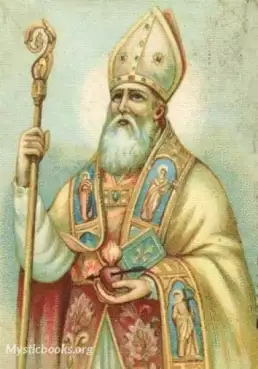
Saint Augustine of Hippo
Algeria, Rome
Augustine of Hippo also known as Saint Augustine, was a theologian, philosopher, and the bishop of Hippo Regius in Numidia, Roman North Africa. His writings influenced the development of Western philo...
Books by Saint Augustine of HippoDownload eBooks
Listen/Download Audiobook
- Select Speed
Related books
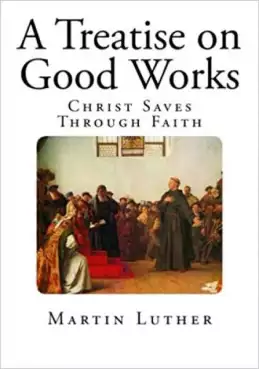
A Treatise on Good Works by Martin Luther
In this exposition of the Ten Commandments, Martin Luther attempts to build a bridge between justification by faith and the life of the Christian mani...
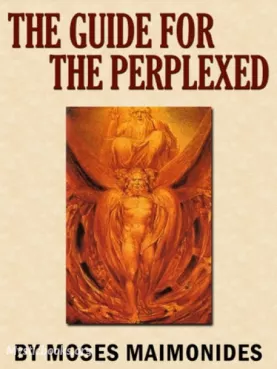
The Guide for the Perplexed, Part 2 Moses Maimonides by Moses Maimonides
Embark on a journey of intellectual exploration and philosophical contemplation in "The Guide for the Perplexed, Part 2" by Moses Maimonides. As the i...
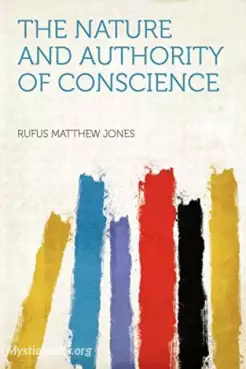
The Nature and Authority of Conscience by Rufus Jones
Rufus Matthew Jones an American religious leader, writer, magazine editor, philosopher, and college professor. He was instrumental in the establishmen...

Watt's Songs Against Evil by Isaac Watts
This collection of poems, originally published as 'Watts' Songs Against Evil,' is a compilation of Isaac Watts's timeless work. It offers a series of...

Where We Got the Bible: Our Debt to the Catholic Church by Rev. Henry Grey Graham
Rev. Henry Grey Graham's 'Where We Got the Bible' explores the Catholic Church's role in shaping and preserving the Bible. Graham, a former Calvinist...
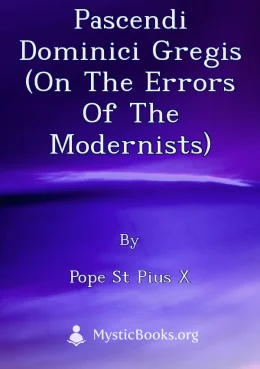
Pascendi Dominici Gregis (On the Errors of the Modernists) by Pope St Pius X
This encyclical, penned by Pope Pius X in 1907, is a comprehensive critique of Modernism, a theological movement that emerged in the late 19th and ear...
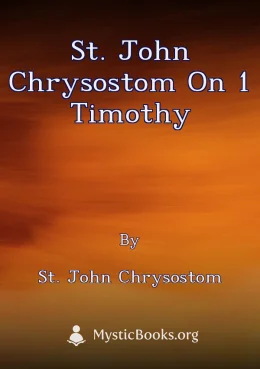
St. John Chrysostom on 1 Timothy by St. John Chrysostom
This book presents a collection of homilies delivered by Saint John Chrysostom, a renowned theologian and preacher of the Eastern Church, on the First...
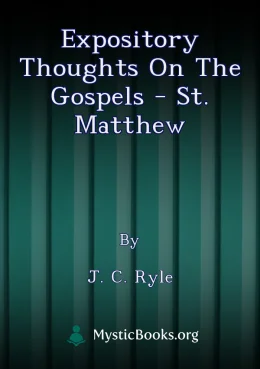
Expository Thoughts on the Gospels - St. Matthew by J. C. Ryle
This book, a part of the "Expository Thoughts" series by J.C. Ryle, delves into the Gospel of Matthew, breaking it down into manageable sections. Ryle...

Golden Bough. Part VI. The Scapegoat by James Frazer
The Scapegoat, the ninth book in Sir James Frazer's monumental work The Golden Bough, delves into the origins and evolution of the concept of the scap...
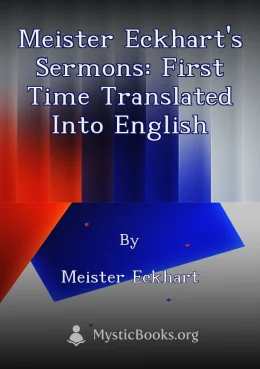
Meister Eckhart's Sermons: First Time Translated into English by Meister Eckhart
This collection of seven sermons by Meister Eckhart, a prominent German philosopher and theologian, offers insights into his profound mystical teachin...
Reviews for The City of God, Volume 1
No reviews posted or approved, yet...